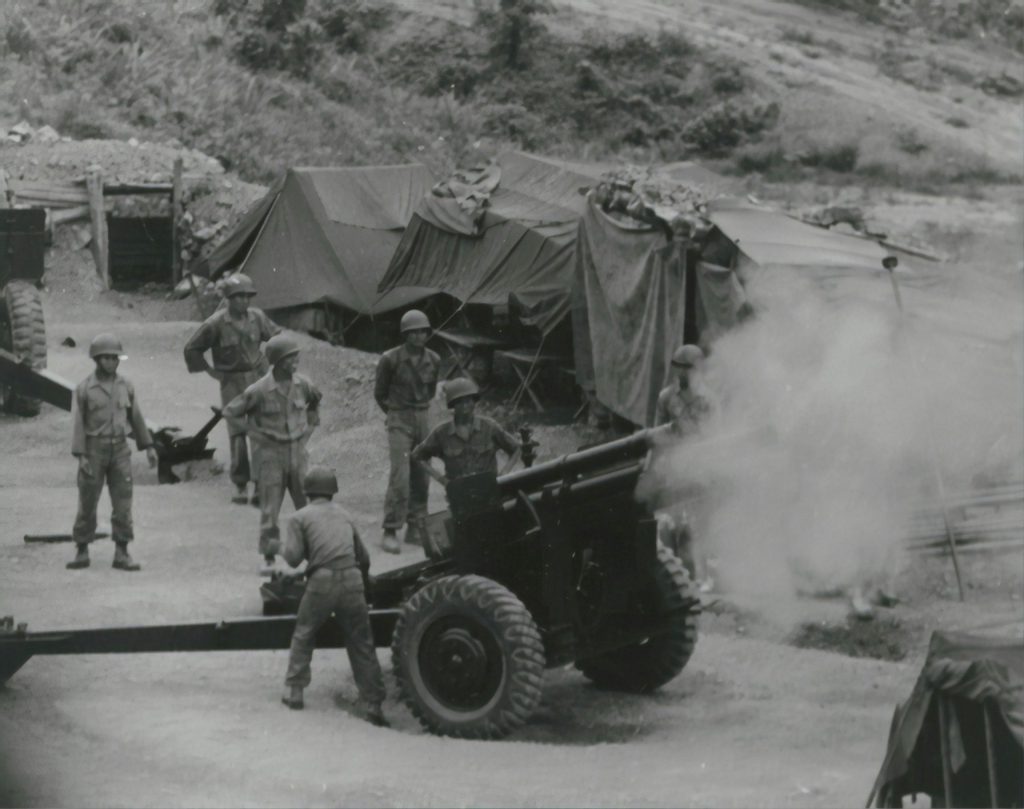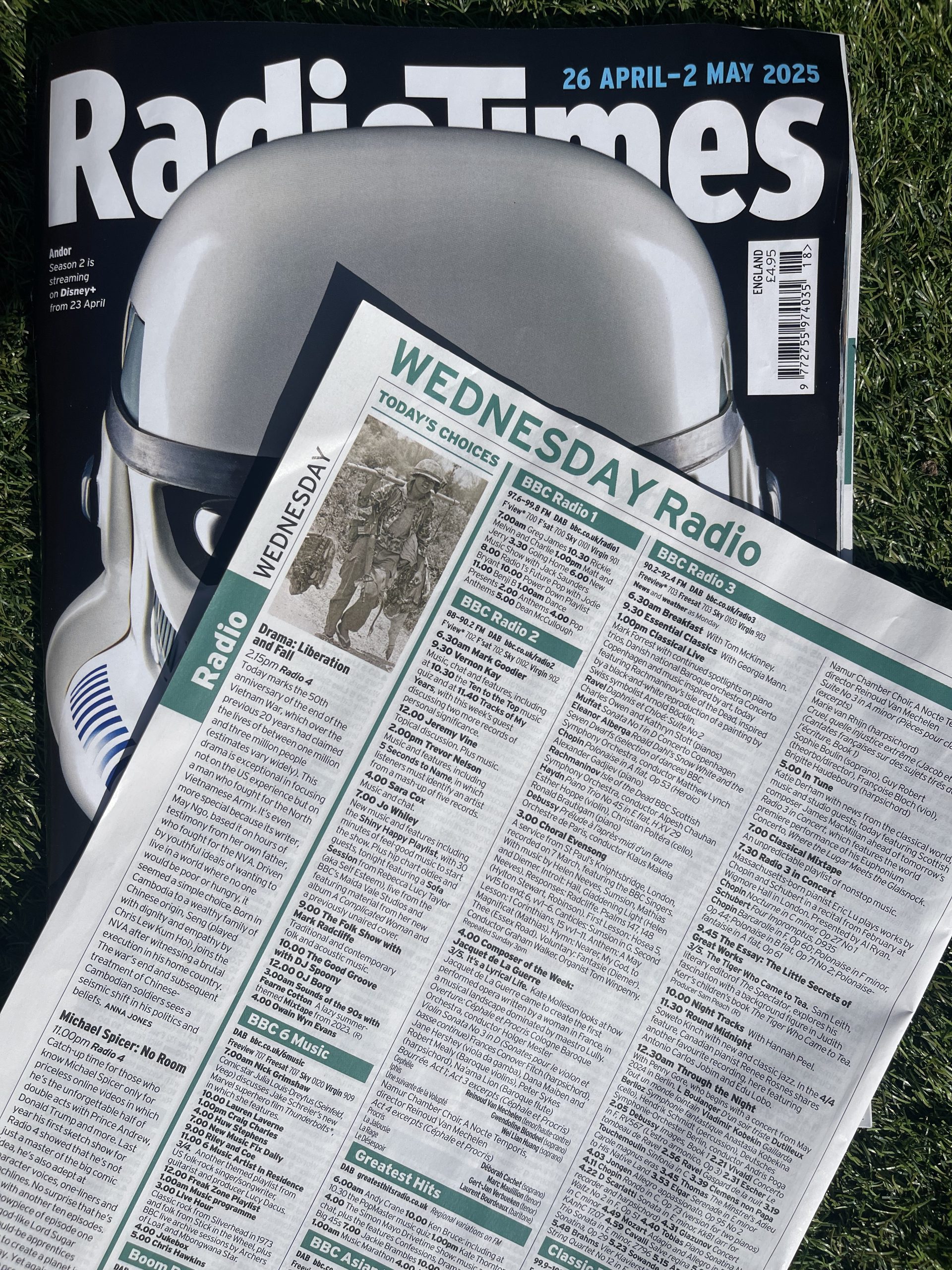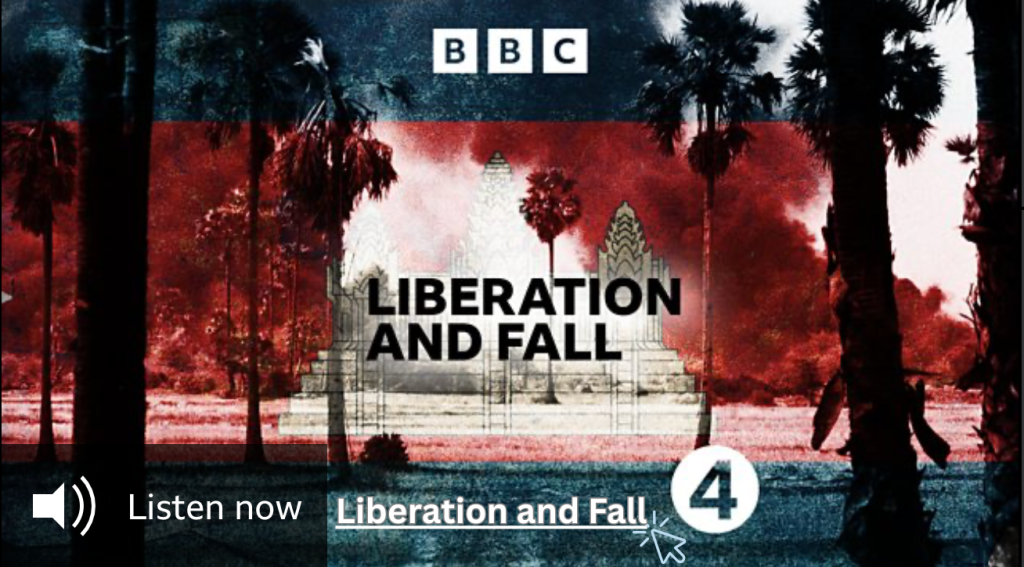Late last summer, when my soul was still being nurtured by the gentle summer breeze and everyday life had a real lightness to it, a new radio drama script landed on my desk.
The poignant and powerful narrative suddenly catapulted me all the way across the world, to the brutal realities of the Vietnam War, where young ‘ordinary’ people, fuelled by passion and love, fought for what they believed would lead to a better world.
Authenticity
This is as authentic as can be – this is the story of the author May Ngo’s very own father – and mother.
I was delighted to be brought onboard as casting director and also to spend the day at the studio during the recording with the talented and dedicated team, being completely drawn in by the passion, the pain, the betrayal and the brutal dilemmas.

History…
is often told from the viewpoint of those at the top – leaders, generals, politicians. This drama tells the story from the perspective of an ordinary man. It counters the idea that ordinary people were passive entities under Cold War conflicts, and instead captures some of the emotions, dreams and desires of people under extreme circumstances and the difficult choices they had to make
‘Liberation and Fall’ was aired on Radio 4 on 30th April 2025, on the 50th anniversary of the end of the Vietnam war. It was also Radio Times’ pick of the day.

Timeline:
The Vietnam War lasted from November 1, 1955, to April 30, 1975, making it one of the longest wars in U.S. history.
Combatants:
The war was fought between North Vietnam (communist) and South Vietnam (anti-communist), with major involvement from the United States on the side of South Vietnam.
U.S. Involvement:
Over 2.7 million Americans served in Vietnam, with over 58,000 killed and more than 150,000 wounded.
Guerilla Warfare:
The Viet Cong, communist insurgents in South Vietnam, used guerilla tactics, booby traps, and an extensive tunnel network to combat better-equipped U.S. and South Vietnamese forces.
Tet Offensive:
In 1968, the Tet Offensive shocked the American public with its intensity and scope, turning public opinion sharply against the war.
Media Impact:
The Vietnam War was the first war broadcast on television, contributing to widespread anti-war sentiment and protests at home.
Chemical Warfare:
The U.S. military used Agent Orange, a toxic herbicide, to destroy jungle cover, resulting in severe health issues for both Vietnamese civilians and U.S. veterans.
Fall of Saigon:
The war ended with the fall of Saigon on April 30, 1975, leading to the reunification of Vietnam under communist rule.
Aftermath:
The war caused millions of Vietnamese deaths and left the country devastated. Many refugees fled Vietnam by boat in the years following.
Legacy:
The Vietnam War remains a controversial topic and has had a profound impact on U.S. foreign policy, military strategy, and public trust in government.

